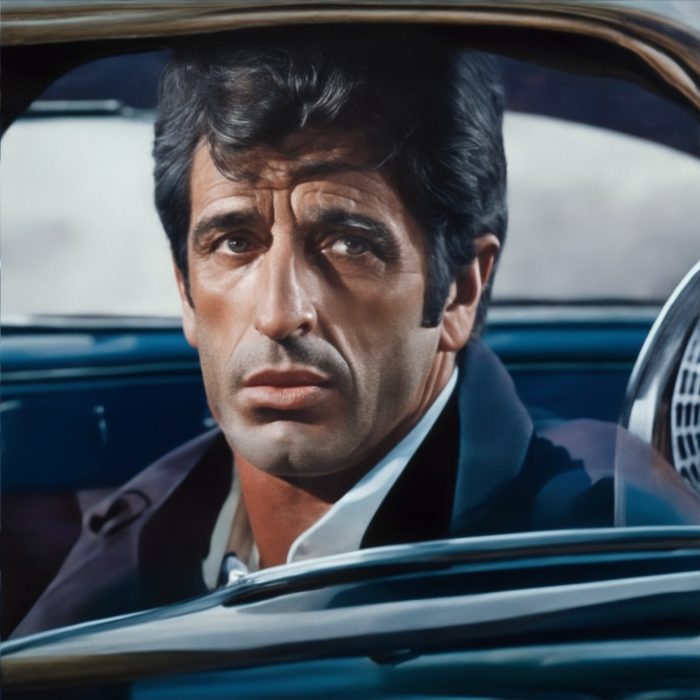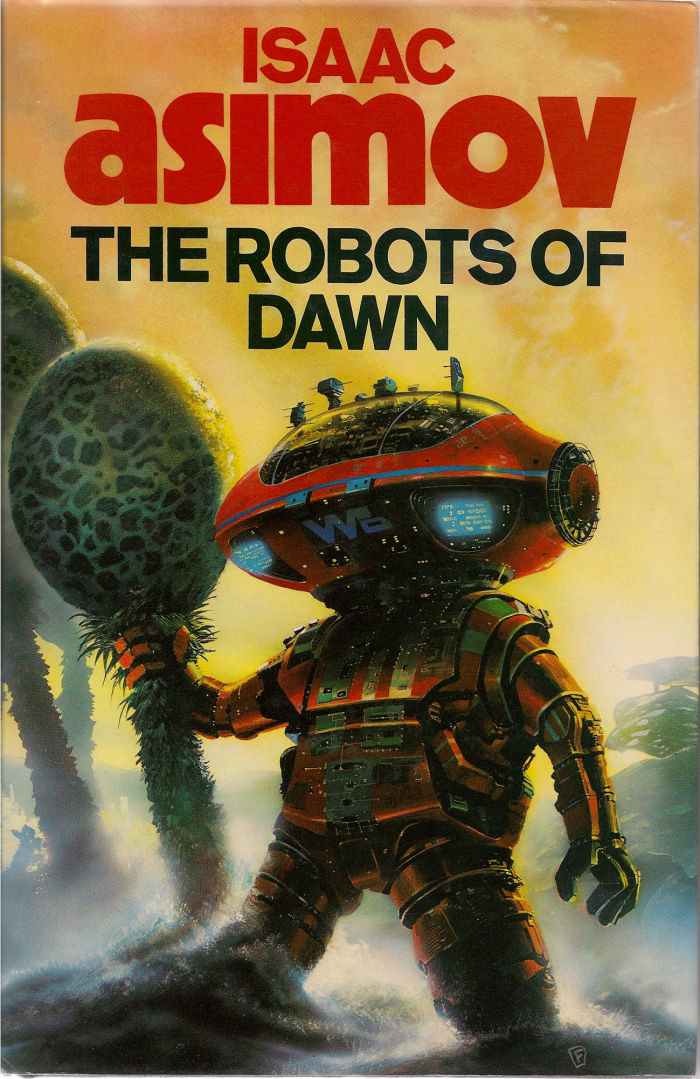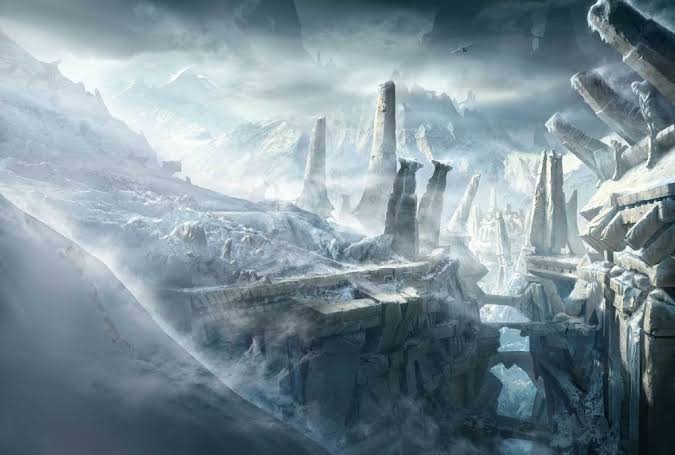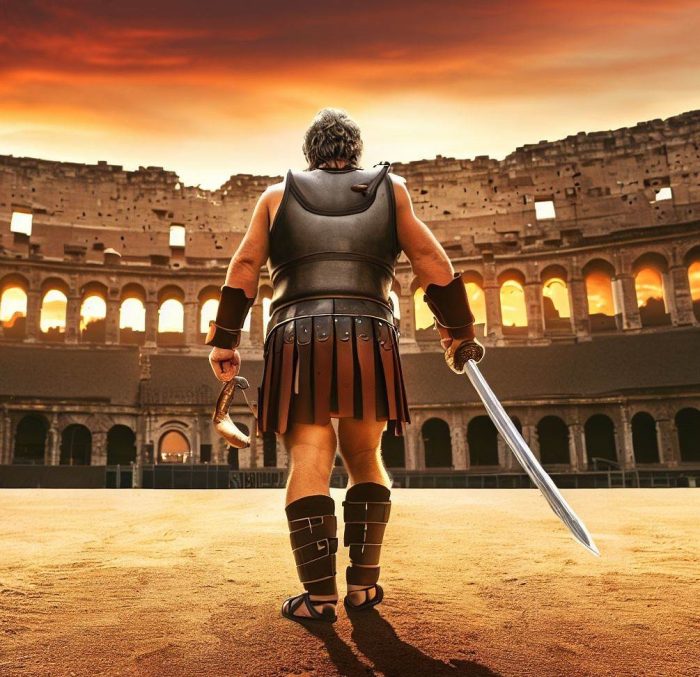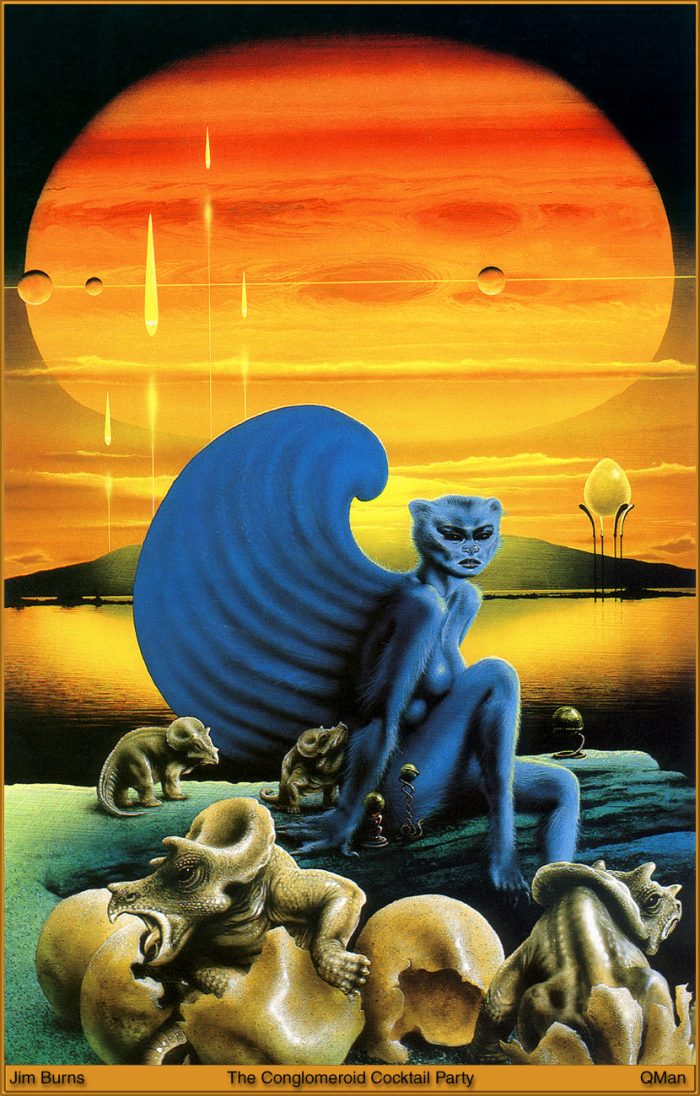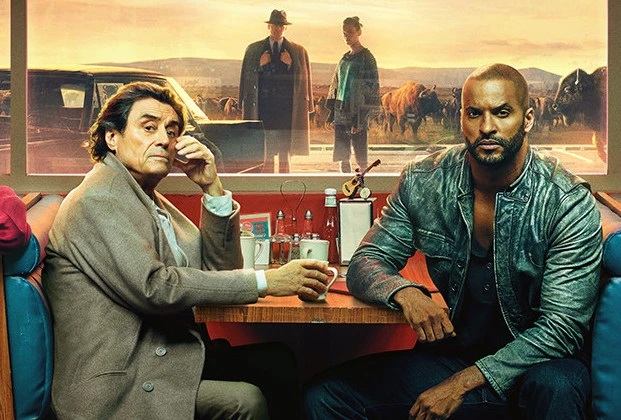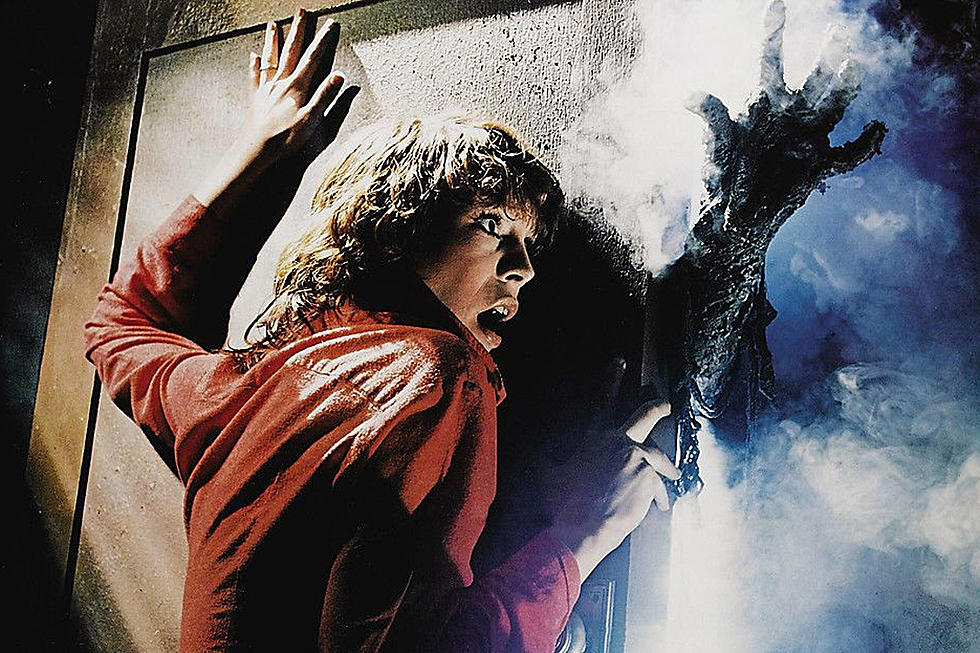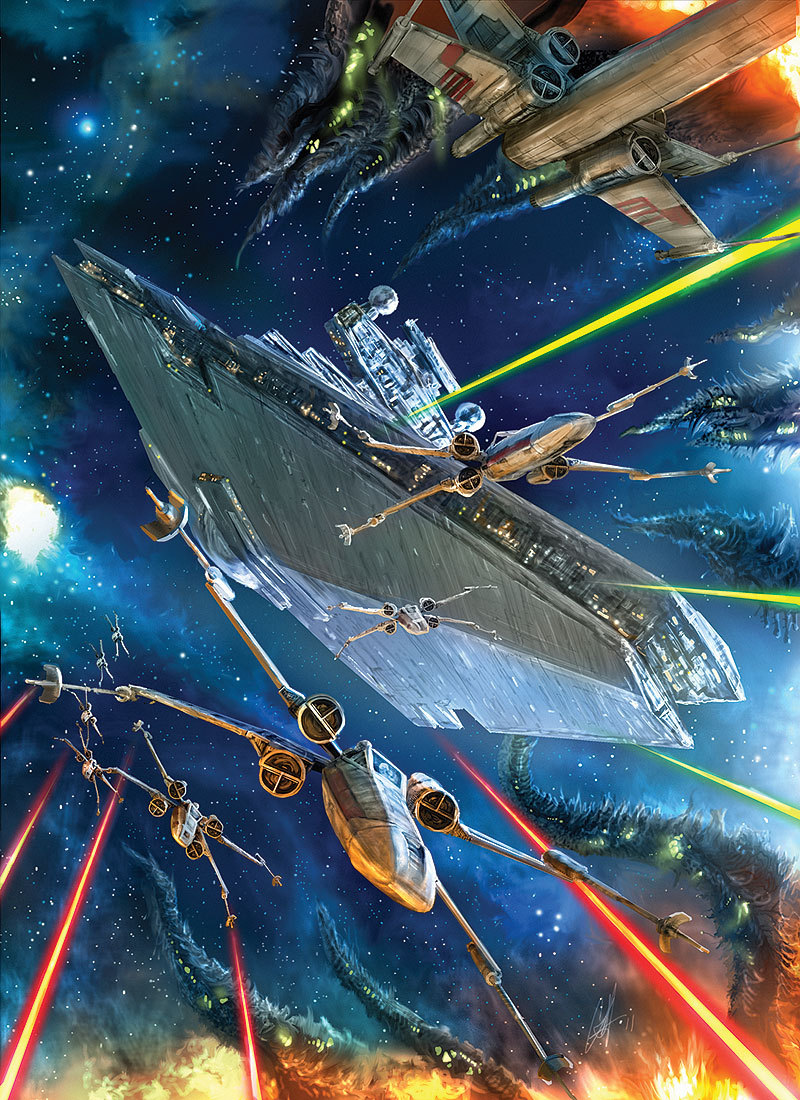Fred Saberhagen boasts not only an exceptionally cool authorial moniker but also stands as a luminary in science fiction, chiefly owing to his creation of one of the genre’s most mysterious, notorious, and impactful adversaries—The Berserkers.
A prolific American science fiction and fantasy writer, Fred Saberhagen (1930-2007) left an indelible mark on the genre. His notable contributions include the renowned “Berserker” series, featuring self-replicating robotic warships with a singular mission to annihilate all life in the cosmos. Additionally, Saberhagen reimagined the classic vampire archetype in a contemporary context with his “Dracula” series, introducing the iconic character of Dracula. Renowned for his imaginative storytelling and inventive approaches to traditional science fiction and fantasy themes, Saberhagen’s legacy endures.
Continue reading “Saberhagen”
